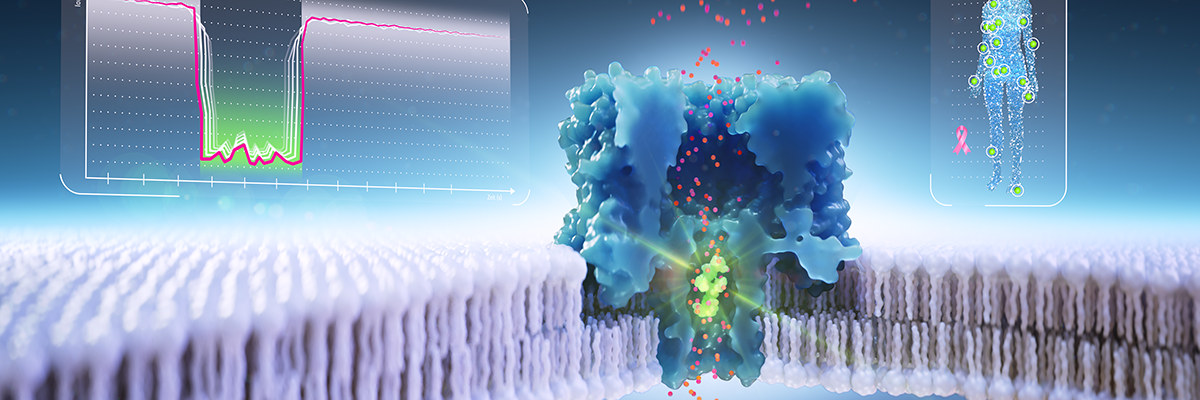
- Press
Using nanopores to detect epigenetic factors influencing disease
Kick-off event of the Clusters4Future Initiative "nanodiag BW" at the University of Freiburg
About 100 scientists from the 36 research institutions and companies participating in the cluster nanodiag BW will exchange information on the various projects of the multidisciplinary innovation network on July 19 and 20 at the University of Freiburg. In up to three project funding phases, they will develop analysis systems based on nanopore technology over the next few years. These systems should be able to detect epigenetic factors influencing diseases such as cancer or diabetes at an early stage. The healthcare sector, for example hospitals, could benefit from their use. The cluster work should also provide a substantial basis for the foundation of new start-ups.
nanodiag BW addresses core elements of the high-tech strategy "Health" of the Federal Ministry of Education and Research (BMBF), which is funding the future cluster as one of seven winners of the second round of the Clusters4Future competition with a maximum of 45 million euros for up to nine years. As clusters of excellence in applied research, the BMBF's clusters of the future are directly linked to top academic research and ensure that innovations reach people's everyday lives more quickly. At the same time, they help Germany to maintain its role as an innovation leader in global competition and to master the challenges in important future fields. In line with the regional approach of the Clusters4Future Initiative, the players are primarily located in southwestern Germany or in Baden-Württemberg.The close interaction between science and industry and the resulting new value chains are an essential prerequisite for the success of the project.
nanodiag BW was selected as one of 14 funded projects from more than 250 entries in a two-stage review process and is led by Hahn-Schickard Institute Director Professor Felix von Stetten as cluster spokesperson, in close cooperation with Professor Jan C. Behrends from the Physiological Institute of the University of Freiburg as deputy cluster spokesperson.
Felix von Stetten sees the cluster in a very good position: "While sequencing with nanopores is already commercially available, the application to protein analytics is now the next big challenge. The funding of the cluster by the BMBF and funds from the state of Baden-Württemberg will enable our players to better position themselves within this international competition and jointly develop new future markets in the field of health."
Back
Contact

Competences
- PR at the branch in Freiburg
- Marketing
- Press + Media
- Events
Contact

Competences
- Hahn-Schickard Executive Board Member, Freiburg
- Lab-on-a-Chip
- Microfluidic assay automation
- Molecular and Point of Care Diagnostics
- Biosensors

